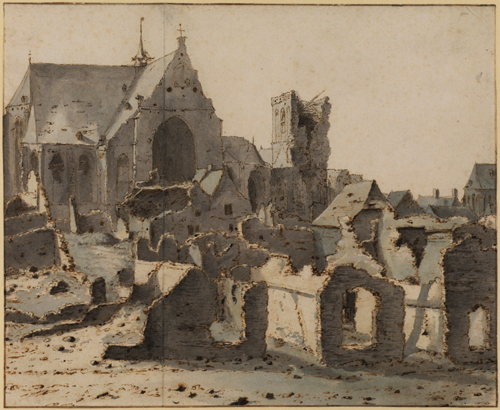RSD4 @ Banff Centre, Alberta Sept 1-3, 2015
Submit Abstracts for Paper/Presentation or Workshops by March 15
As original members of the Design for Care book community I wanted to share with you the opportunity to participate in RSD, now in its fourth year and its first in North America. Last year we had 200 people in Oslo with speakers Ranulph Glanville, Hugh Dubberly and John Thackara. A day of workshops from leading practitioners in this field. Two days of engaging discussions with new thinking and case studies in systemic design, including a dedicated healthcare track.
For 3 years the Relating Systems Thinking and Design (RSD) symposium has convened scholars, design researchers, and serious practitioners to articulate and demonstrate the shared value of a transdisciplinary field with applications across all complex systems and services. We invite participation for RSD4 from all those working at the frontiers of systemic design – those leading real projects informed by systemic and complexity theories, and those researching systemic behaviours within real-world complexity, services and systems.
At the frontiers we are searching for those stories and experiments into new territory, stories of survival and sustainment, narratives of complexity unfolding into new terrains of application or discourse. We seek abstracts for presentations on real world projects that have led design into new fields, frontier domains, and both small steps or quantum leaps. These cases could demonstrate how systemic design has contributed to a case, how it adapts to the unique situation or how a case has employed systemic approaches.
Three types of contributions are suggested:
- Case studies of design-led projects involving clear systemic impacts and principles
- Research supporting systemic design applications and validating theoretical claims
- Workshops for collaborative discourse or sharing new methods and practices
Join us in Banff this year for this growing transdisciplinary symposium in the intimate and reflective space of the Banff Centre. Sponsored this year by the Alberta Government, the RSD4 Symposium is brought into being by co-chairs Alex Ryan (Gov of Alberta), Birger Sevaldson (Oslo School of Architecture and Design), Peter Jones (OCAD University, Toronto) and Jodi Forlizzi (Carnegie Mellon).
www.systemic-design.net
Design for Care update:
You received this email as a member of the original Design for Care community. If you'd like to stay in touch and hear about significant events from me every so often, stay subscribed.
If you don't yet have the book, please remember you have a 30% discount code of DFCFRIENDS only at Rosenfeld Media
designforcare.com Design for Care remains the only design practitioner reference in the healthcare domain, the only service and system design book in healthcare. There are texts on digital health and patient-centered care research, but this field is still very much in the early stages of development - but picking up quickly. The book continues to find new adopters and I'm finding myself at very different conferences than I used to be.
Feel free to contact me if you have questions about RSD, are interested in a presentation around the book's ideas, or are interested in our unique
Master of Design programs at OCAD University.
PETER JONES, Ph.D. @designforcare
Redesign Network and OCAD University
pjones AT ocadu.ca
Design Dialogues













 orcid.org/0000-0002-0192-8965
orcid.org/0000-0002-0192-8965

